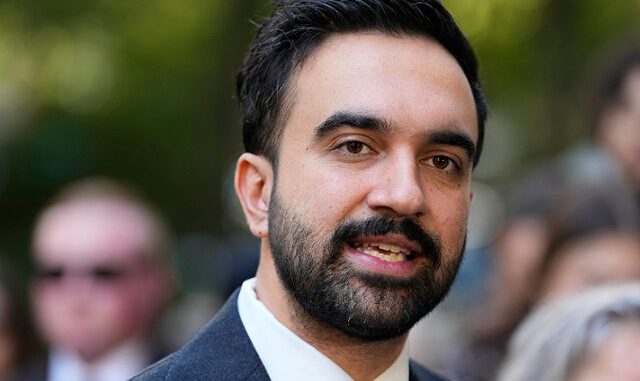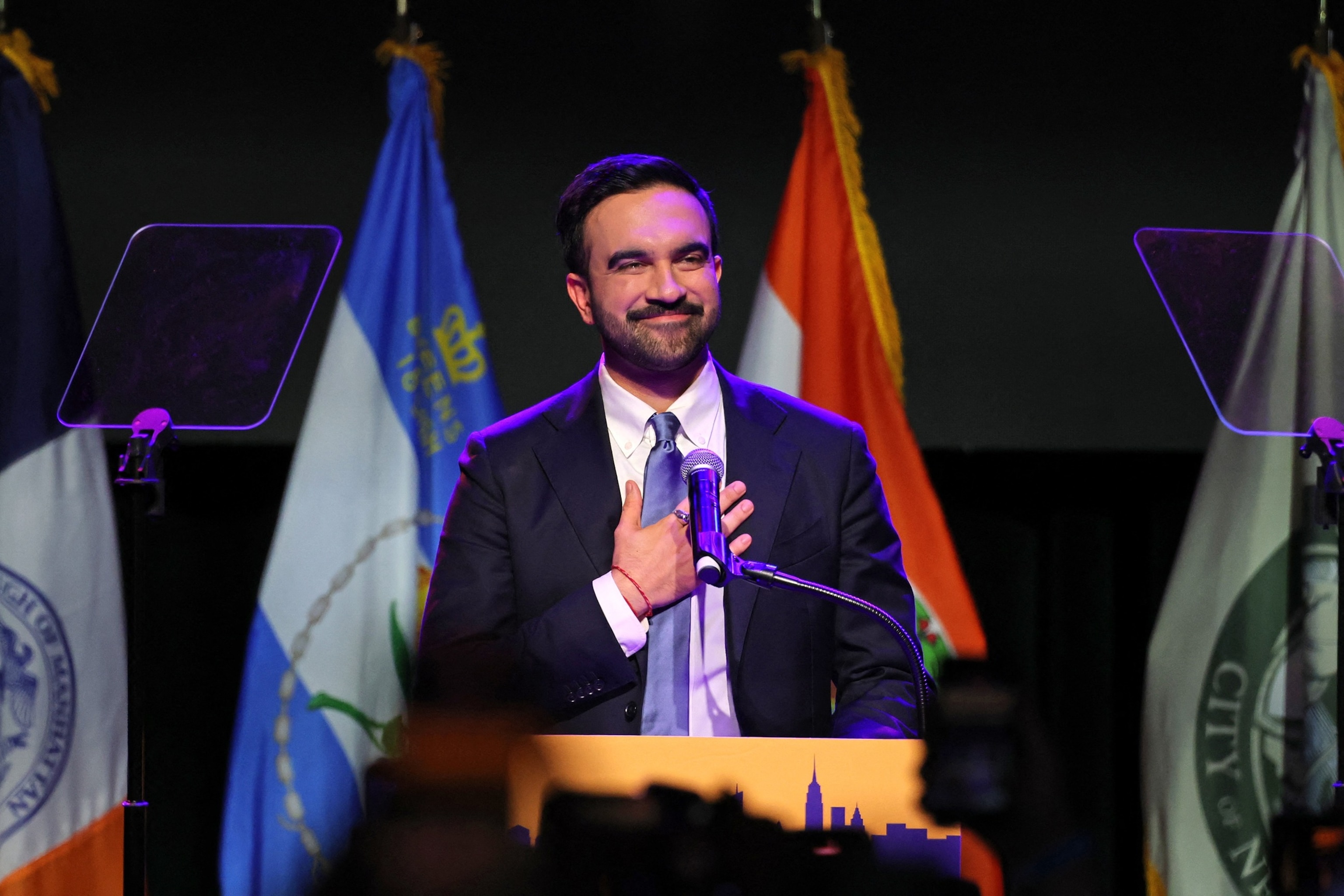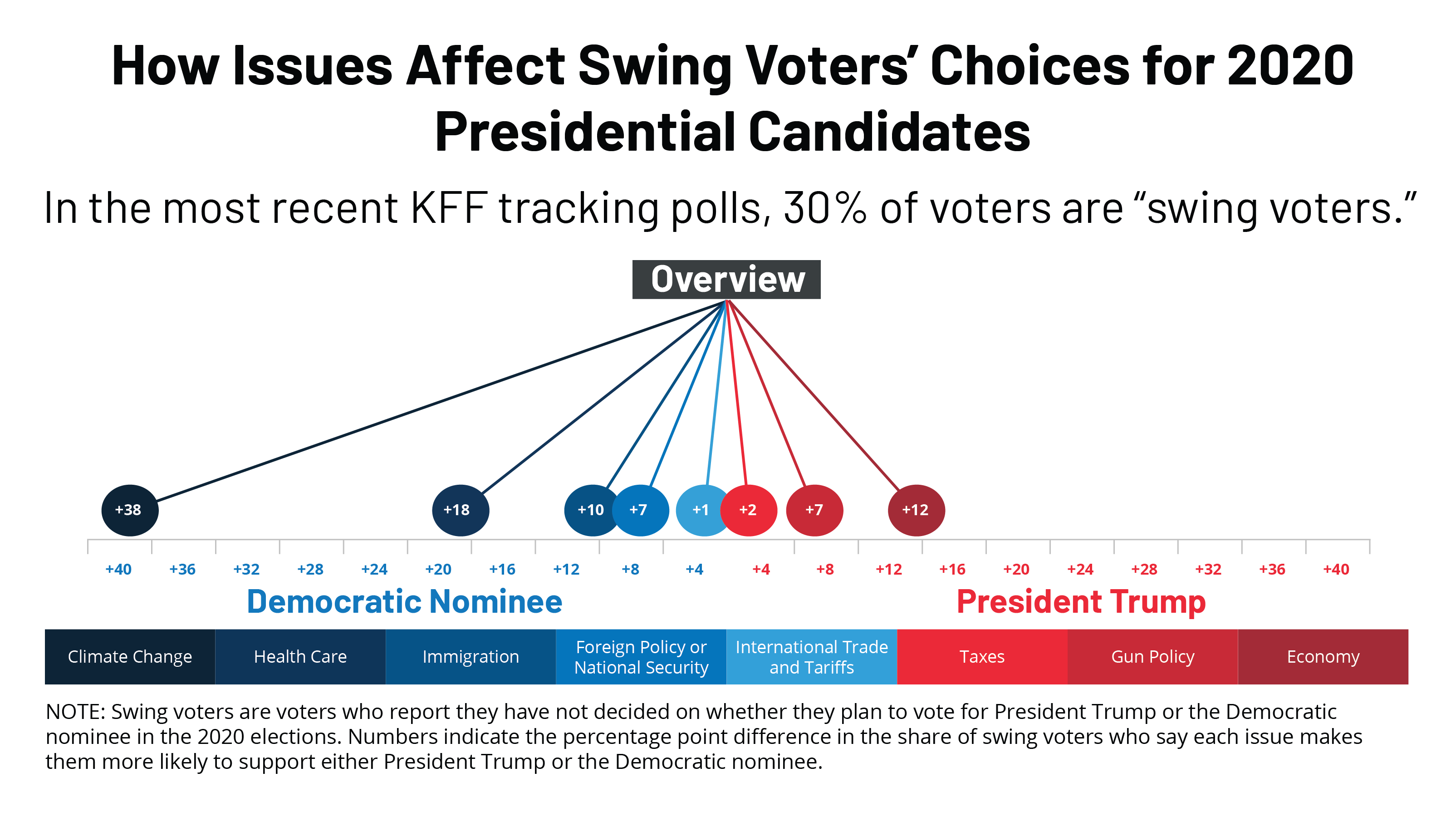
On Friday’s broadcast of HBO’s “Real Time,” host Bill Maher stated that Democrats should be questioned about if they want the party to go in the direction of the democratic socialism pushed by New York City Mayor-Elect Assemblyman Zohran Mamdani (D).
Published November 8, 2025
In a recent episode of his show, Bill Maher delivered a pointed message to the Democratic‑Party establishment: it must take stock of whether it is comfortable standing behind the rising figure of Zohran Mamdani—and whether that alignment is a strategic, or even wise, move for the party’s broader ambitions.
Mamdani, a 34‑year‑old New York state assemblyman whose name has become a flashpoint in intra‑party debate, is offering a bold progressive vision. But Maher argued that this vision, and the figure leading it, could also pose a serious risk: namely, alienating moderate and swing voters at a time when every seat counts.
Let’s unpack the dimensions of this debate — including what Mamdani represents, how liberal media is responding, and whether the party needs to ask itself some tough questions about strategy and identity.
Who is Zohran Mamdani?
But while his rise energises younger voters and progressive constituencies, it also brings with it a set of controversies. Among them: his previous rhetoric on policing and Israel, his campaign appearance alongside a controversial figure, and his dual Ugandan‑U.S. citizenship.
In short: Mamdani is polarising — but in that polarisation lies the question: Is he the future of the party, or a liability?
What Maher is warning: “Dems should be asked: Are you with Mamdani?”
Why the liberal media is worried — and divided
Within liberal and mainstream‑progressive media circles, opinions about Mamdani are split. On one hand, there is optimism: He could revitalize a party that many feel has lost touch with younger, working‑class, and ethnically diverse voters. The FT noted that “his ability to connect with groups that Democrats have lost touch with … will be crucial to its hopes of regaining control of the House” in 2026.
On the other hand, there is real anxiety: Will a figure perceived as radical alienate moderate or independent voters — especially in swing districts or the suburbs? Some media voices point to his inexperience, radical‑sounding agenda, and past statements about Israel and policing as liability issues.
In that tension lies the worry: The party may energize one base, but at the cost of losing another. The liberal media is caught between hope for renewal and fear of strategic risk.
Why swing voters matter (and why this could be a problem)
Swing or persuadable voters — those who do not firmly identify with one party or the other — often determine the outcome in tight contests. A recent academic paper on “Emergence, Evolution and Manipulation of Swing Voters” warns: When a party adopts an extreme posture, it risks alienating the very voters it needs to win broad majorities.
So if Mamdani becomes the public face of the party — or if Democrats appear to embrace his style without qualification — there is a plausible scenario where moderate voters pull away. That potential alienation is precisely what Maher is warning about.
What the Democratic Party should be asking itself
Given all this, here are the questions I think you — the Democratic‑Party strategist, the candidate, the base voter — should be asking:
-
What does alignment mean?
-
Does “aligning with Mamdani” mean adopting his policy platform wholesale, or simply acknowledging his rising popularity?
-
How much latitude is there to support him but also distinguish one’s own district‑ or state‑level campaign from his style?
-
-
Who will pay the price?
-
Which voters might leave the coalition if the party leans too far?
-
Are districts or states with swing voters sufficiently insulated or exposed to the Mamdani‑style messaging?
-
-
What message do we send to moderates and independents?
-
How do you reassure the persuadables that the party remains pragmatic and broadly representative, not just ideologically driven?
-
Are there spokespeople, policy anchors, or campaigns designed explicitly to appeal across the spectrum?
-
-
Is Mamdani a model, or the exception?
-
Are his strengths replicable elsewhere — youth, enthusiasm, anti‑establishment energy — or are his controversies and novelty also unique?
-
If he is an exception, does building the party around him risk over‑fitting to his profile?
-
-
What is the worst‑case scenario, and are we prepared?
-
If Republicans run successful attacks tying Democrats broadly to Mamdani’s persona (“You’re with him or you’re against us”), what happens?
-
Are campaigns ready with counter‑narratives?
-
 Implications
Implications
Bill Maher’s warning that Democrats should ask themselves if they align with Zohran Mamdani signals a genuine vulnerability for the Democratic Party. The rise of a young progressive socialist like Mamdani exposes the party to losing moderate and swing voters, especially in suburban districts and key swing states.
If Democrats embrace Mamdani-style policies and rhetoric, they risk:
-
Alienating centrist voters who are crucial in tight elections.
-
Providing Republicans with a clear narrative that the party is moving too far left.
-
Turning otherwise persuadable swing voters away, creating an electoral opening for GOP gains in 2026 and beyond.
In short: Mamdani may energize the leftist base, but the political cost is likely to be the very voters needed to win national elections—a strategic advantage conservatives can exploit.
 Overall Takeaway:
Overall Takeaway:
Bill Maher’s critique serves as a rare acknowledgment that the Democratic Party may be out of touch with mainstream America. Zohran Mamdani’s progressive agenda, while energizing the leftist base, risks alienating moderate and swing voters—the very voters who decide elections.
From a conservative standpoint, this exposes a strategic opening: Republicans can frame Democrats as too radical, too out of touch, and too focused on ideological purity at the expense of practical governance.
Ultimately, the right-leaning takeaway is clear: the Democratic Party’s embrace of figures like Mamdani could hand Republicans an electoral advantage in 2026 and beyond, as swing voters flee toward the center-right, leaving Democrats increasingly dependent on a shrinking progressive base.
SOURCES: BREITBART – Maher: Dems Should Be Questioned on if They Align with Mamdani
THE GATEWAY PUNDIT – Liberal Media Worried That Mamdani Will Chase Away Swing Voters From The Democratic Party
FOX NEWS – Bill Maher says Democrats have ‘pretty big split’ in party after election wins








Be the first to comment